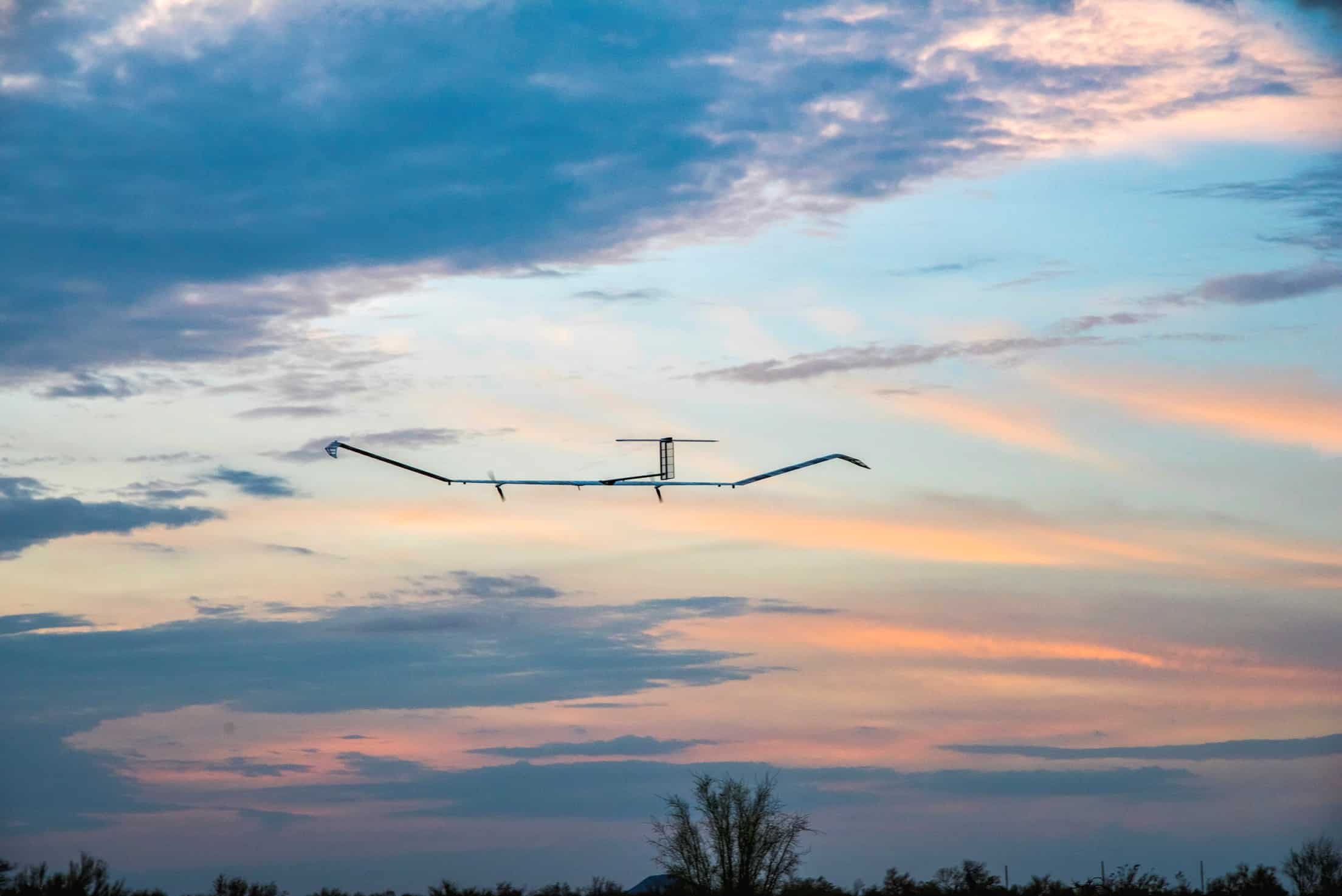Airbus's new Zephyr aircraft makes 26-day record maiden flight
Airbus’s latest edition of Zephyr, a solar-powered aircraft-come-satellite that operates in the stratosphere, has completed a maiden flight just short of 26 days.

Taking off on 11th July in Arizona, USA, the unmanned Zephyr S HAPS (High Altitude Pseudo-Satellite) was airborne for 25 days, 23 hours and 57 minutes, a duration Airbus hopes to have confirmed as a world record in the coming days. Zephyr employs a 25m wingspan covered in solar panels to power its flight and charge its lithium-sulphur batteries, allowing it to cruise in the stratosphere for extreme lengths of time. The previous record was achieved by an earlier prototype in the Zephyr programme – the Zephyr 7 - achieving over 14 days of continuous flight.
“This very successful maiden flight represents a new significant milestone in the Zephyr programme, adding a new stratospheric flight endurance record which we hope will be formalised very shortly,” said Jana Rosenmann, head of Unmanned Aerial Systems at Airbus. “We will in the coming days check all engineering data and outputs and start the preparation of additional flights planned for the second half of this year from our new operating site at the Wyndham airfield in Western Australia.”
Register now to continue reading
Thanks for visiting The Engineer. You’ve now reached your monthly limit of news stories. Register for free to unlock unlimited access to all of our news coverage, as well as premium content including opinion, in-depth features and special reports.
Benefits of registering
-
In-depth insights and coverage of key emerging trends
-
Unrestricted access to special reports throughout the year
-
Daily technology news delivered straight to your inbox










Water Sector Talent Exodus Could Cripple The Sector
My local water company is Severn Trent which has a market capitalisation of £8.2 billion, made a pre-tax profit of £200 million in 2024 and is paying...